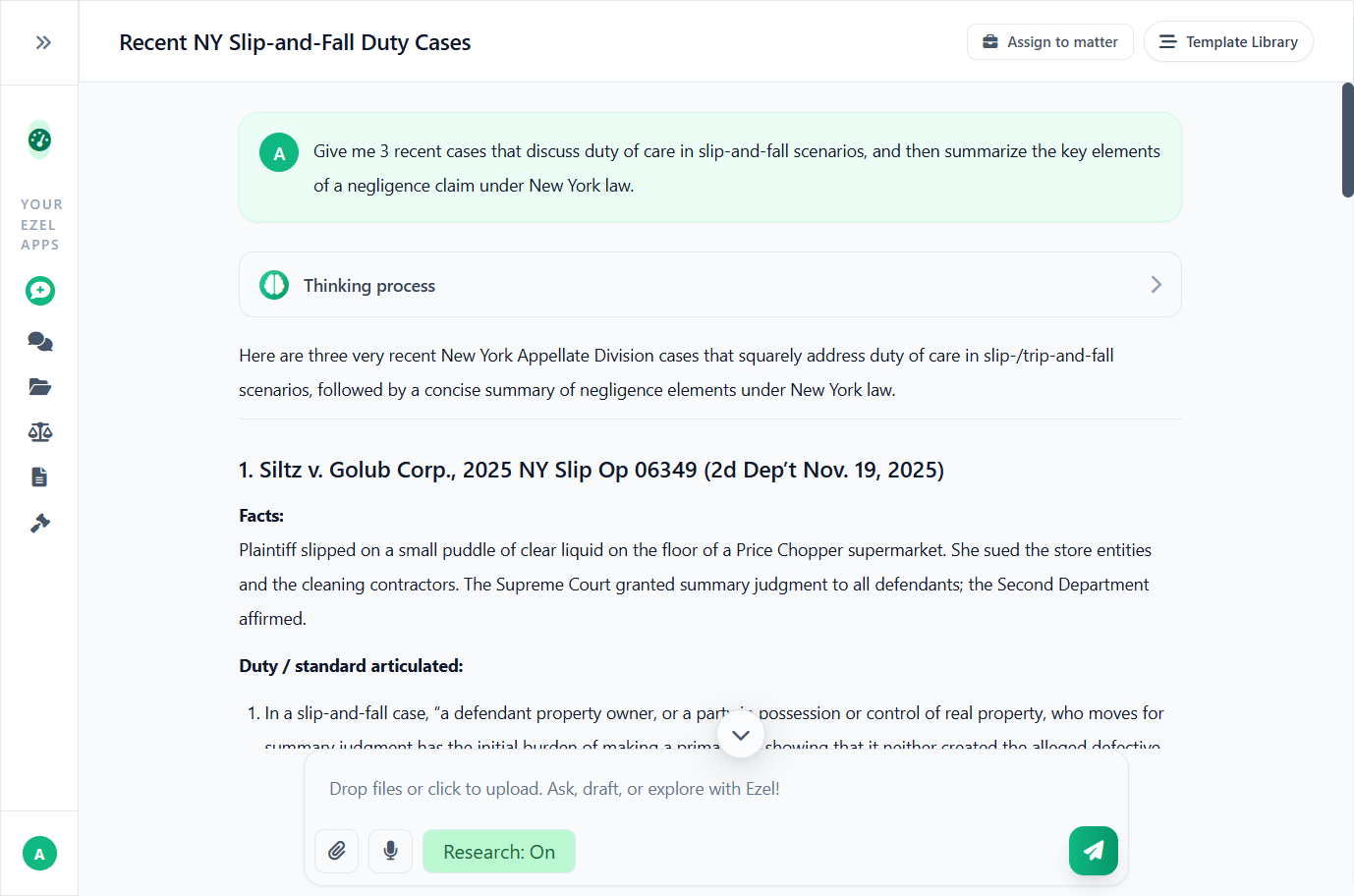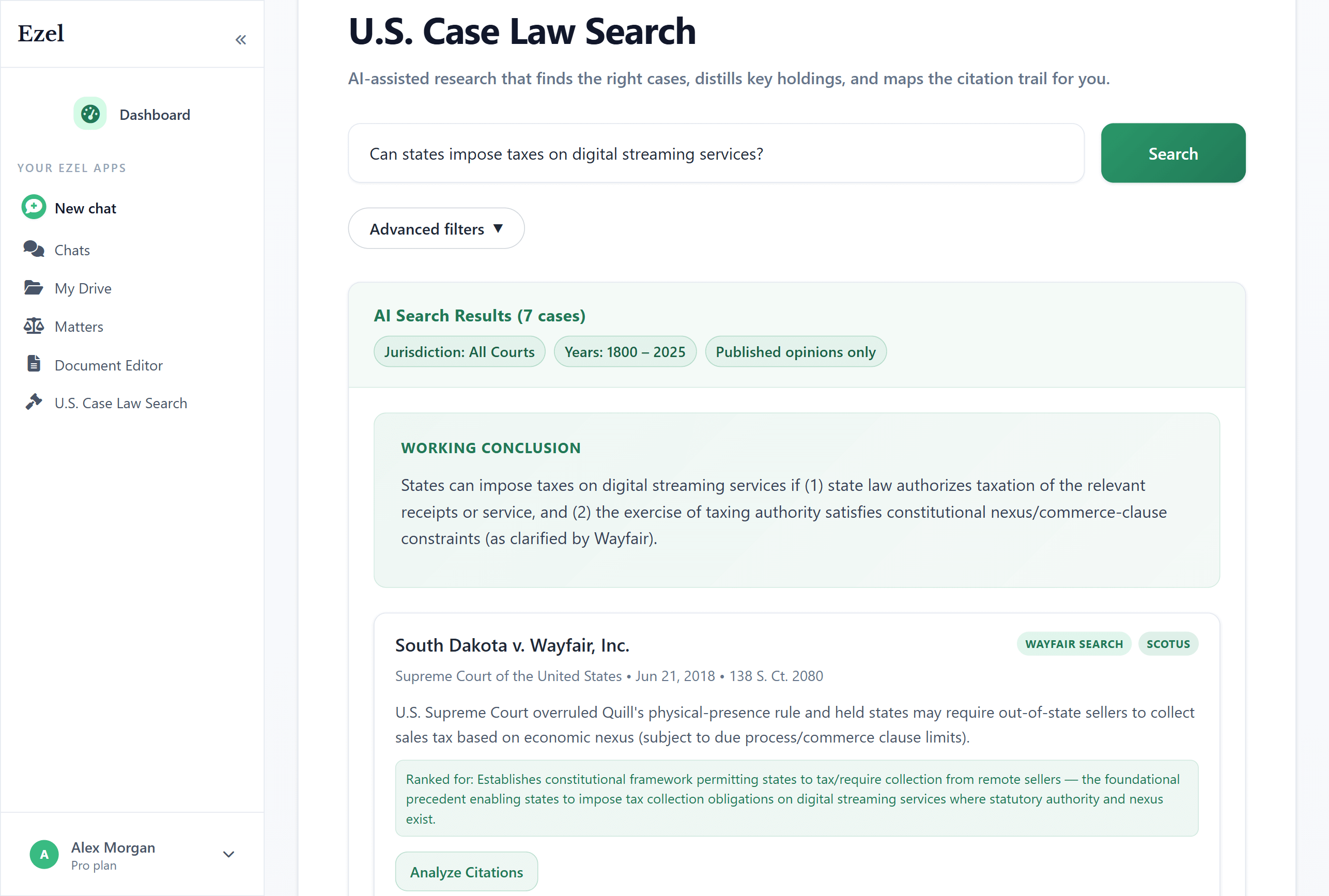WORKPLACE ANTI-HARASSMENT POLICY
(Massachusetts – Comprehensive Template)
[// GUIDANCE: This template is designed to comply with Massachusetts law, including Mass. Gen. Laws ch. 151B, § 3A, MCAD guidance, and relevant federal requirements. Edit all bracketed text before issuance.]
TABLE OF CONTENTS
- Document Header
- Definitions
- Operative Provisions
3.1 Policy Statement
3.2 Scope & Coverage
3.3 Prohibited Conduct - Representations & Warranties
- Covenants & Restrictions
5.1 Employee Responsibilities
5.2 Supervisor & Manager Responsibilities
5.3 Employer Training Commitments - Default & Remedies
- Risk Allocation
7.1 Employer Indemnification
7.2 Statutory Liability Caps - Dispute Resolution
- General Provisions
- Execution Block
1. DOCUMENT HEADER
Policy Title: Workplace Anti-Harassment Policy
Employer: [COMPANY NAME], a [STATE OF INCORPORATION] [corporation/LLC/partnership] (“Employer”)
Effective Date: [EFFECTIVE DATE] (“Effective Date”)
Jurisdiction & Governing Law: Commonwealth of Massachusetts; Mass. Gen. Laws; applicable federal law.
Consideration: Continued employment and access to complaint-resolution procedures.
2. DEFINITIONS
For purposes of this Policy, the following terms shall have the meanings set forth below. Terms defined herein and used elsewhere are capitalized for ease of reference.
“Complainant” – Any Employee, applicant, intern, volunteer, or contractor who reports or is reported to have experienced Harassment.
“Employee” – Any employee, applicant, intern (paid or unpaid), volunteer, or individual providing services pursuant to a contract with the Employer.
“Harassment” – Unwelcome conduct, whether verbal, physical, written, or graphic, that is based on or motivated by Protected Characteristics and that:
(a) has the purpose or effect of creating an intimidating, hostile, humiliating, or offensive working environment;
(b) unreasonably interferes with an individual's work performance; or
(c) otherwise adversely affects an individual's employment opportunities.
“Investigation Team” – Individuals designated by the Employer, trained in harassment investigations, who are free from actual or perceived conflict of interest.
“Protected Characteristics” – Race, color, religion, creed, national origin, ancestry, sex, pregnancy or pregnancy-related condition, sexual orientation, gender identity or expression, genetic information, age, disability, veteran status, or any other characteristic protected under Mass. Gen. Laws ch. 151B or federal law.
“Respondent” – The person(s) alleged to have engaged in Harassment.
“Retaliation” – Any adverse action taken against an individual for reporting Harassment, participating in an investigation, or opposing discriminatory practices.
“Sexual Harassment” – Harassment in the form described in Mass. Gen. Laws ch. 151B, § 1(18) and 29 C.F.R. § 1604.11, including but not limited to unwelcome sexual advances, requests for sexual favors, and other verbal or physical conduct of a sexual nature.
3. OPERATIVE PROVISIONS
3.1 Policy Statement
The Employer strictly prohibits all forms of Harassment and Retaliation. This Policy applies to conduct that occurs:
(a) in the workplace;
(b) at employer-sponsored events;
(c) during work-related travel; and
(d) via electronic communications or social media when such conduct affects the work environment.
3.2 Scope & Coverage
- Covered Individuals: All Employees, officers, directors, interns (paid or unpaid), volunteers, temporary workers, and third-party contractors.
- Third-Party Harassment: Harassment by clients, customers, vendors, or visitors is prohibited and will be addressed in accordance with this Policy.
3.3 Prohibited Conduct
The following non-exhaustive list constitutes Harassment when based on Protected Characteristics:
• Epithets, slurs, or negative stereotyping.
• Threatening, intimidating, or hostile acts.
• Degrading jokes, comments, or gestures.
• Display or circulation of written or graphic material that demeans.
• Unwelcome physical contact.
• Sexual advances, propositions, or requests.
• Conditioning employment decisions on submission to sexual conduct (quid pro quo).
4. REPRESENTATIONS & WARRANTIES
The Employer represents and warrants that:
a. It has adopted this Policy in compliance with Mass. Gen. Laws ch. 151B, § 3A, Title VII of the Civil Rights Act of 1964, and related regulations.
b. All supervisory Employees will receive specialized training consistent with Section 5.3.
c. This Policy shall be distributed to every Employee upon hire and annually thereafter, either in hard copy or via electronic delivery with acknowledgment of receipt.
[// GUIDANCE: Modify representations to match actual employer practices; misrepresentations may create liability.]
5. COVENANTS & RESTRICTIONS
5.1 Employee Responsibilities
a. Refrain from engaging in Harassment or Retaliation.
b. Cooperate fully, honestly, and promptly in any investigation under this Policy.
c. Promptly report suspected Harassment or Retaliation using the procedures in Section 5.2.
5.2 Supervisor & Manager Responsibilities
a. Mandatory Reporting: Supervisors must immediately report all known or suspected Harassment to Human Resources (“HR”) or the designated Investigation Team.
b. Preventive Action: Supervisors shall take interim measures, as appropriate, to protect Complainants pending investigation.
c. No Unauthorized Resolution: Supervisors shall not attempt to mediate or resolve complaints informally without HR involvement.
5.3 Employer Training Commitments
- Initial Training: Within 30 days of hire or promotion, all supervisory Employees must complete at least two (2) hours of interactive anti-harassment training.
- Refresher Training: All Employees shall receive refresher training at least once every two (2) years.
- Content Requirements: Training shall cover definitions, examples, complaint procedures, bystander intervention, and retaliation prohibitions.
- Documentation: The Employer shall maintain written records of all training for a minimum of three (3) years.
[// GUIDANCE: Although Massachusetts does not currently mandate training by statute, Section 5.3 reflects MCAD best-practice recommendations and strengthens employer defenses.]
6. DEFAULT & REMEDIES
- Disciplinary Actions: Violations may result in disciplinary measures up to and including termination of employment.
- Progressive Discipline: The Employer may, but is not required to, utilize progressive discipline where appropriate.
- Injunctive or Interim Relief: The Employer may implement interim measures (e.g., paid leave, schedule changes, no-contact directives) pending investigation outcome to prevent ongoing Harassment or Retaliation.
- Attorney Fees & Costs: To the fullest extent permitted by law, the Employer reserves the right to seek recovery of costs incurred due to bad-faith or knowingly false complaints.
7. RISK ALLOCATION
7.1 Employer Indemnification
The Employer shall indemnify and hold harmless Employees who, in good faith and in the course and scope of employment, participate in an investigation or enforcement of this Policy, against liability and expenses arising from such participation, except to the extent prohibited by law.
7.2 Statutory Liability Caps
Nothing in this Policy shall be construed to expand or limit liability beyond the caps or defenses available under applicable Massachusetts or federal statutes.
[// GUIDANCE: Massachusetts law does not impose numerical damage caps for harassment claims; this clause preserves any statutory limitations that may apply (e.g., punitive damages standards).]
8. DISPUTE RESOLUTION
- Internal Resolution First: Complainants are encouraged but not required to use the reporting procedure herein prior to pursuing external remedies.
- External Remedies:
a. Massachusetts Commission Against Discrimination (“MCAD”)
b. Equal Employment Opportunity Commission (“EEOC”) - Limited Arbitration Option: By mutual, written consent after a claim arises, the Employer and Employee may elect to submit a Harassment dispute to confidential arbitration under the [ARBITRATION PROVIDER] rules. Such arbitration shall not waive statutory rights or remedies.
- Governing Law & Forum Selection: This Policy shall be governed by Massachusetts law; any civil action arising from or related to this Policy shall be filed exclusively in a state court of competent jurisdiction located in [COUNTY], Massachusetts.
- Jury Waiver: Nothing herein shall be construed to require an Employee to waive the right to a jury trial under the Massachusetts Constitution or federal law.
- Injunctive Relief Preservation: Either party may seek injunctive relief in court notwithstanding any arbitration provision.
9. GENERAL PROVISIONS
a. Amendments: The Employer may amend this Policy at any time by written notice to Employees, provided that changes comply with applicable law.
b. No Contract of Employment: This Policy does not create a contract of employment and does not alter the at-will status of Employees, unless otherwise agreed in writing.
c. Severability: If any provision is held unenforceable, the remainder shall remain in full force and effect.
d. Acknowledgment: Employees shall sign or electronically acknowledge receipt of this Policy and any amendments.
e. Posting Requirement: A copy of this Policy shall be posted conspicuously in the workplace in a manner accessible to all Employees.
10. EXECUTION BLOCK
IN WITNESS WHEREOF, the Employer has caused this Workplace Anti-Harassment Policy to be executed and effective as of the Effective Date.
| FOR THE EMPLOYER | |
|---|---|
| By: ___________________________________ | Date: _____________ |
| Name: [AUTHORIZED SIGNATORY] | |
| Title: [TITLE] |
EMPLOYEE ACKNOWLEDGMENT
I acknowledge that I have received, read, and understand the Employer’s Workplace Anti-Harassment Policy and agree to abide by its terms.
| EMPLOYEE NAME (Print) | |
|---|---|
| Signature: ___________________________ | Date: _____________ |
[// GUIDANCE: Retain acknowledgment forms in personnel files for at least the statutory limitations period (currently three years for discrimination claims in MA).]
© [YEAR] [COMPANY NAME]. All rights reserved.
Do more with Ezel
This free template is just the beginning. See how Ezel helps legal teams draft, research, and collaborate faster.
AI that drafts while you watch
Tell the AI what you need and watch your document transform in real-time. No more copy-pasting between tools or manually formatting changes.
- Natural language commands: "Add a force majeure clause"
- Context-aware suggestions based on document type
- Real-time streaming shows edits as they happen
- Milestone tracking and version comparison

Research and draft in one conversation
Ask questions, attach documents, and get answers grounded in case law. Link chats to matters so the AI remembers your context.
- Pull statutes, case law, and secondary sources
- Attach and analyze contracts mid-conversation
- Link chats to matters for automatic context
- Your data never trains AI models

Search like you think
Describe your legal question in plain English. Filter by jurisdiction, date, and court level. Read full opinions without leaving Ezel.
- All 50 states plus federal courts
- Natural language queries - no boolean syntax
- Citation analysis and network exploration
- Copy quotes with automatic citation generation
Ready to transform your legal workflow?
Join legal teams using Ezel to draft documents, research case law, and organize matters — all in one workspace.